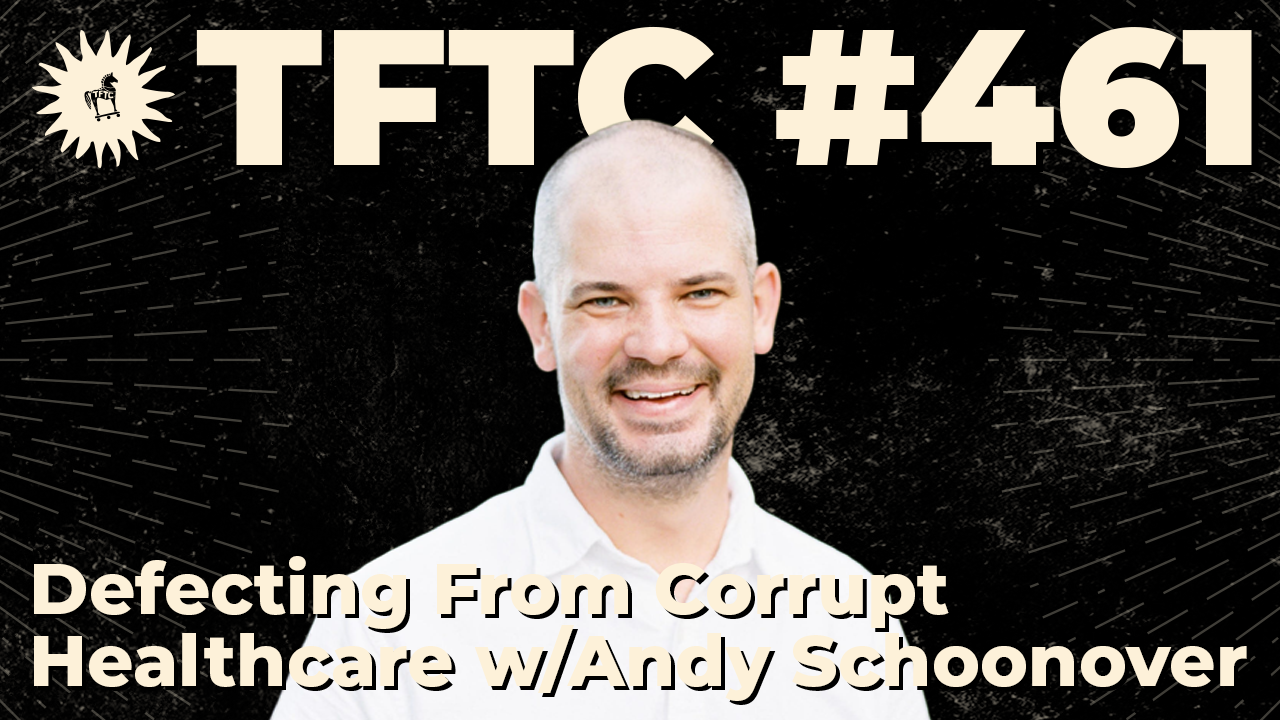

While Ozempic presents a potential aid in weight loss for those struggling with obesity, the surrounding debate highlights the complexity of the obesity crisis in the United States and the unintended negative consequences of prolonged Ozempic usage.
Ozempic, a medication originally approved for the treatment of type 2 diabetes, has gained considerable attention for its secondary effect of promoting weight loss. Its active ingredient, semaglutide, has shown promising results in weight reduction, a feature that has not gone unnoticed in a nation grappling with widespread obesity. This article examines the multifaceted implications of Ozempic's popularity, the concerns raised by experts, and the broader context of health and pharmaceutical practices in the United States based on a conversation between Tucker Carlson and Calley Means.

The United States faces a significant health crisis, with obesity rates escalating rapidly. According to the Centers for Disease Control and Prevention (CDC), the prevalence of obesity was 42.4% in 2017-2018. The allure of a medication like Ozempic, which offers a convenient weight loss solution without the need for significant lifestyle changes, is evident. However, the enthusiasm surrounding this drug has not been met with universal acclaim, and some experts are urging caution.
Critics of Ozempic's widespread use point out that obesity should not be seen as a mere consequence of a drug deficiency but rather as a symptom of broader metabolic dysfunction. They argue that the root causes of obesity, such as poor diet, lack of exercise, and environmental factors, are not addressed by taking a medication like Ozempic. Furthermore, potential side effects, including gastrointestinal issues and the possibility of stomach paralysis, raise questions about the long-term safety of the drug.
Additionally, there is a growing body of evidence suggesting a link between the use of Ozempic and increased rates of depression and suicidal ideation. The European Union has launched investigations into these reports, highlighting the gravity of these concerns.
The financial implications of Ozempic's use are significant. Estimates suggest that the annual cost of the drug could reach $20,000 per patient. With a large portion of the adult population potentially eligible for this treatment, the economic burden on the healthcare system could be substantial. This raises questions about the sustainability of such an approach to tackling obesity, especially given the existing strain on healthcare budgets.
There are allegations of widespread corruption within the pharmaceutical industry and its influence over healthcare practices. Companies like Novo Nordisk, the maker of Ozempic, have been accused of exploiting the U.S. healthcare system and influencing medical guidelines and research through considerable financial contributions to medical groups, civil rights organizations, and even the media. These practices have raised ethical questions and concerns over conflicts of interest that may affect patient care and public health policies.
Experts advocating for a more holistic approach to obesity management emphasize the importance of addressing the underlying causes of metabolic dysfunction. They suggest interventions such as dietary changes, increased physical activity, and broader public health policies aimed at improving the nutritional quality of food and reducing the consumption of processed and sugar-laden products. There is also a call for more stringent regulations on pharmaceutical advertising and a reduction in conflicts of interest within medical research and practice.

While Ozempic presents a potential aid in weight loss for those struggling with obesity, the surrounding debate highlights the complexity of the obesity crisis in the United States and the unintended negative consequences of prolonged Ozempic usage. It underscores the need for a more comprehensive approach that considers the societal, economic, and ethical dimensions of healthcare. As the conversation continues, it is vital for policymakers, healthcare providers, and the public to critically evaluate the long-term implications of relying on pharmaceutical interventions to address deeply rooted health issues. Focus should be shifting to preventative care.